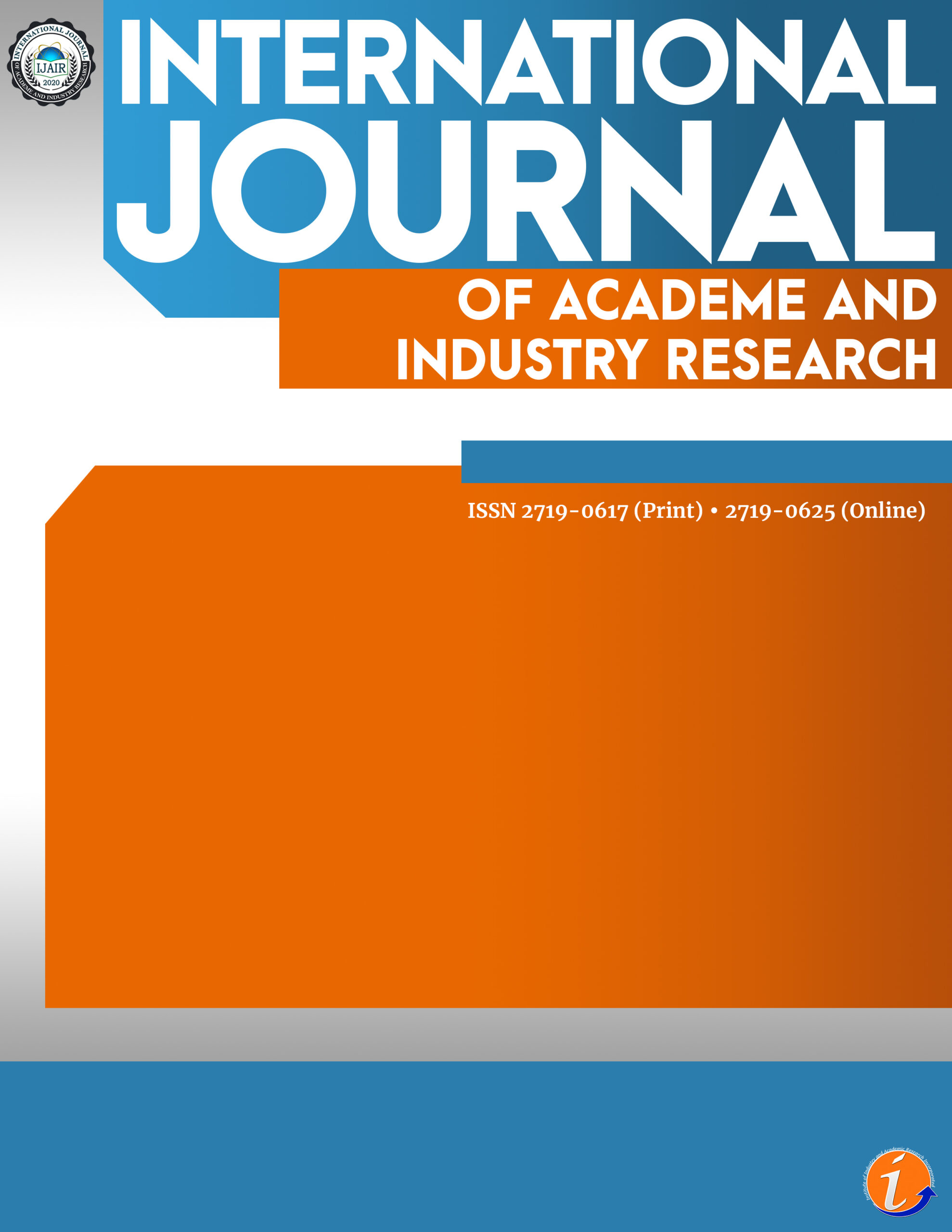Due to the COVID-19 pandemic, numerous organizations have shifted to remote work, telework, or work from home (WFH) for the employees’ safety. However, remote work reduces motivation, especially if employees have no choice on where to work. Apart from the motivation of employees, the levels of engagement are also decreasing. With the emergence of telework, numerous challenges are also identified. This research identifies, enumerates, and establishes the need for gamification, a trending concept that uses game elements (or motivational affordances which include points, leaderboards, badges, etc.) to non-game context (marketing/commerce, education, work, etc.) in remote work, to increase the levels of engagement and motivation, as well as to overcome the challenges employees encounter in the new set-up. With the lack of in-depth literature on gamification together with the emergence of work-from-home in the new normal, the researcher used a qualitative design to explore the concept and interviewed 10 employees from the Philippines who were forced to work remotely. The participants for the interview were chosen using the Purposive Sampling method and were asked about their perceptions on motivation, employee engagement, and games, as well as their perception towards implementing gamification in their new workplace. The interviews were done through online interviews (conference call). This research shows a positive response and potential effect on leveraging both motivation and employee engagement through gamification. With the perceptions of the participants toward gamification, this paper could help develop concepts or theories for potential quantitative research, as well as encourage organizations to implement gamification in the workplace to avoid potential problems.
remote working, gamification, employee engagement, motivation
Justine Jude Pura. DICT – ICT Literacy and Competency Development Bureau Project Development Officer 3. Team leader of the Digital Education Program.
This paper is a finalist in the IIARI Research Competition (IRC) – 2021 Category 3 – Graduate
Beresford, T. (2020). Infinite Gamification Motivate your team until the end of time. http://library1.nida.ac.th/
Bhuvanaiah, T., & Raya, R. P. (2015). Mechanism of improved performance: Intrinsic motivation and employee engagement. SCMS Journal of Indian Management, 12(4), 92-97.
Braun, V., & Clarke, V. (2006). Using thematic analysis in psychology. Qualitative Research in Psychology, 3(2), 77–101. https://doi.org/10.1191/1478088706qp063oa
Creswell, J. W. (2013). What is mixed methods research. Retrieved from https://www.youtube.com/watch?v=1OaNiTlpyX8
Devanesan, J. (2020, August 28). Gamifying the remote workspace – sound strategy or game over? Retrieved December 11, 2020, from https://techwireasia.com/2020/08/gamifying-the-remote-workspace-sound-strategy-or-game-over/
Etikan, I. (2016). Comparison of Convenience Sampling and Purposive Sampling. American Journal of Theoretical and Applied Statistics, 5(1), 1. https://doi.org/10.11648/j.ajtas.20160501.11
Farrell, J. (2018, October 12). Will Gamification Work for Everyone? Retrieved December 11, 2020, from https://elearning.adobe.com/2018/10/will-gamification-work-everyone/
Forbes Magazine. (2017, July 21). Benefits of telecommuting for the future of work. Forbes. Retrieved from https://www.forbes.com/
Ghosh, D., Sekiguchi, T., & Fujimoto, Y. (2020). Psychological detachment. Personnel Review, 49(9), 1789-1804. doi:10.1108/pr-12-2018-0480
Hamari, J., Koivisto, J., & Sarsa, H. (2014). Does Gamification Work? – A Literature Review of Empirical Studies on Gamification. In proceedings of the 47th Hawaii International Conference on System Sciences, Hawaii, USA, January 6-9, 2014
Hassan, L. (2016). Governments Should Play Games. Simulation & Gaming,48(2), 249-267. doi:10.1177/1046878116683581
Hickman, A. (2020, January 24). Is Working Remotely Effective? Gallup Research Says Yes. Retrieved December 11, 2020, from https://www.gallup.com/
Huotari, K., & Hamari, J. (2017). A definition for gamification: Anchoring gamification in the service marketing literature. Electronic Markets, 27(1), 21–31. https://doi.org/10.1007/s12525-015-0212-z
Kahn, W. A. (1990). Psychological conditions of personal engagement and disengagement at work. Academy of Management Journal, 33(4): 692–724. doi: 10.2307/256287
Laker, B. (2020, June 17). How To Use Gamification to Build And Motivate Your Remote Team. Retrieved December 19, 2020, from https://www.forbes.com/
Leyco, C. S. (2020, October 6). Filipinos pay more for Slow Internet Services – World Bank. Manila Bulletin. Retrieved from https://mb.com.ph/2020/10/06/filipinos-pay-more-for-slow-internet-services-world-bank/
Lucassen, G., & Jansen, S. (2014). Gamification in Consumer Marketing – Future or Fallacy? International Conference on Strategic Innovative Marketing.
Macey, W. H., & Schneider, B. (2008). The Meaning of Employee Engagement. Industrial and Organizational Psychology, 1(1), 3–30. https://doi.org/10.1111/j.1754-9434.2007.0002.x
McGregor, L., & Doshi, N. (2020, August 14). How to Keep Your Team Motivated, Remotely. Retrieved December 5, 2020, from https://hbr.org/2020/04/how-to-keep-your-team-motivated-remotely
Olenski, S. (2014). How To Solve Your Biggest Marketing Problems With Gamification. Retrieved from Forbes website: http://www.forbes.com/
Richardson, B. (2017, March 09). Paycom BrandVoice: Are Employee Engagement and Employee Motivation the Same Thing? Retrieved December 20, 2020, from https://www.forbes.com/
Ryan, R. M., & Deci, E. L. (2000). Self-determination theory and the facilitation of intrinsic motivation, social development, and well-being. American Psychologist, 55(1), 68–78. https://doi.org/10.1037/0003-066X.55.1.68
Sailer, M., Hense, J. U., Mayr, S. K., & Mandl, H. (2017). How gamification motivates: An experimental study of the effects of specific game design elements on psychological need satisfaction. Computers in Human Behavior, 69, 371–380. https://doi.org/10.1016/j.chb.2016.12.033
Schawbel, D. (2018, November 15). Survey: Remote Workers Are More Disengaged and More Likely to Quit. Retrieved December 21, 2020, from https://hbr.org/2018/11/survey-remote-workers-are-more-disengaged-and-more-likely-to-quit
Yim, J., & Graham, T. C. (2007). Using games to increase exercise motivation. Proceedings of the 2007 Conference on Future Play – Future Play ’07. https://doi.org/10.1145/1328202.1328232
Zuckerman, O., & Gal-Oz, A. (2014). Deconstructing gamification: Evaluating the effectiveness of continuous measurement, virtual rewards, and social comparison for promoting physical activity. Personal and Ubiquitous Computing, 18(7), 1705–1719. https://doi.org/10.1007/s00779-014-0783-2
Cite this article:
Pura, J. (2022). Linking motivation and employee engagement through gamification in remote working. International Journal of Academe and Industry Research, 3(1), 52-69. https://doi.org/10.53378/352857
License:
![]()
This work is licensed under a Creative Commons Attribution (CC BY 4.0) International License.










